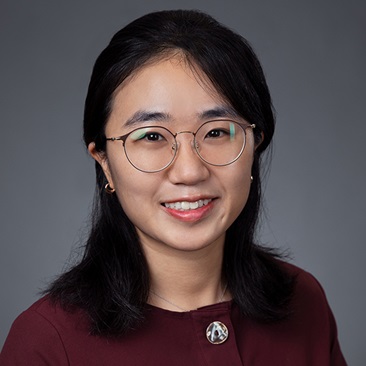Developing-Country Representation and Public Attitudes toward International Organizations: The Case of IMF Governance Reform
Daniel McDowell, David Steinberg, S Erdem Aytaç, Dimitar Gueorguiev
International Studies Quarterly, September 2024
Several prominent international organizations (IOs) maintain decision-making structures that under-represent developing countries. This paper argues that individuals in developing countries are more supportive of engaging with IOs that give a greater voice to fellow developing countries.
We posit that the balance of decision-making power influences support for IOs by improving perceptions of both input legitimacy and output legitimacy. Empirically, we focus on the International Monetary Fund (IMF) and draw on original survey experiments in four developing countries: Argentina, China, South Africa, and Turkey.
Results reveal that increased representation of developing countries increases public support for IMF participation. We also find consistent evidence that this effect works through an input legitimacy mechanism, specifically by improving perceptions of procedural fairness.
These findings suggest that public support for IOs is affected by the balance of decision-making power within these organizations.
Related News
Commentary

Dec 1, 2025
Commentary

Nov 20, 2025
Research

Nov 18, 2025


